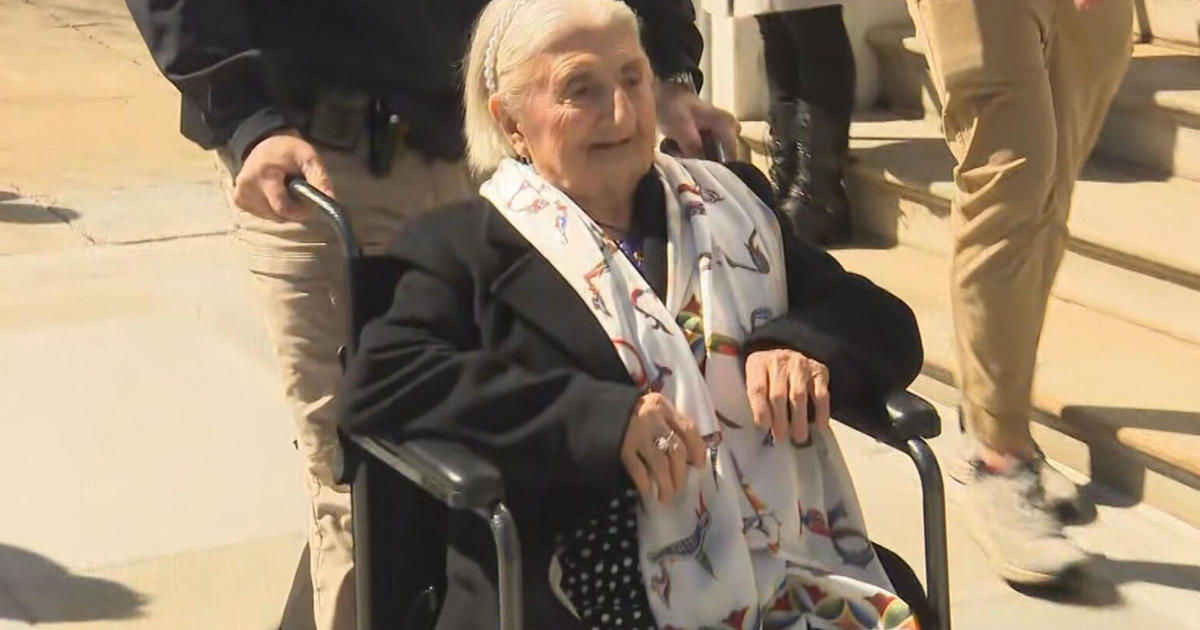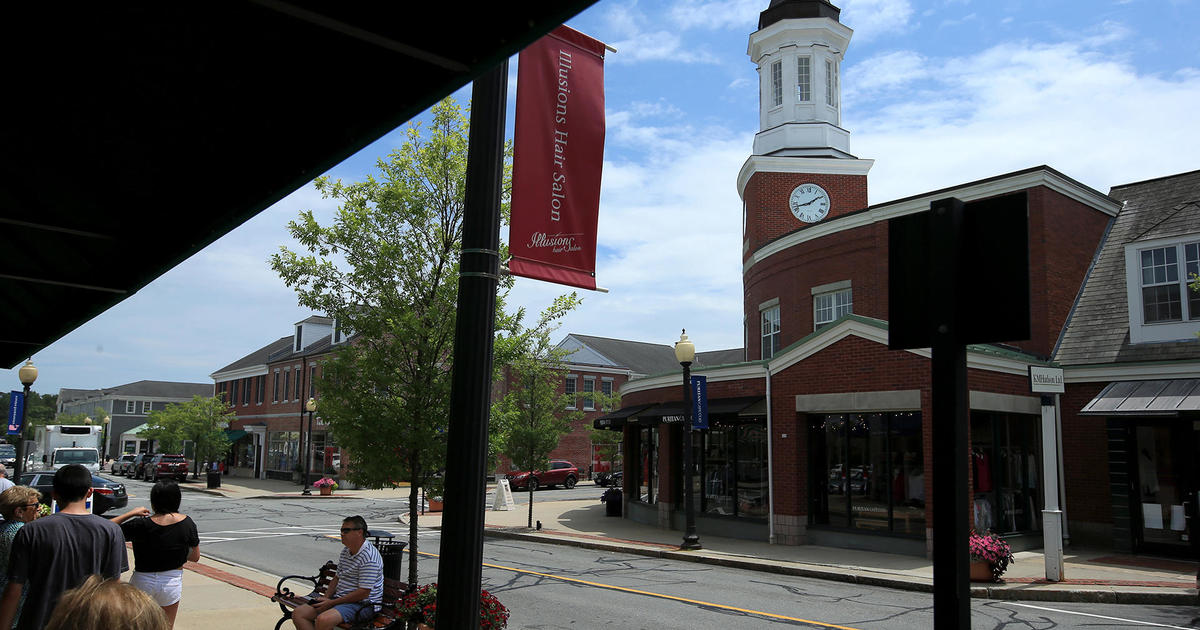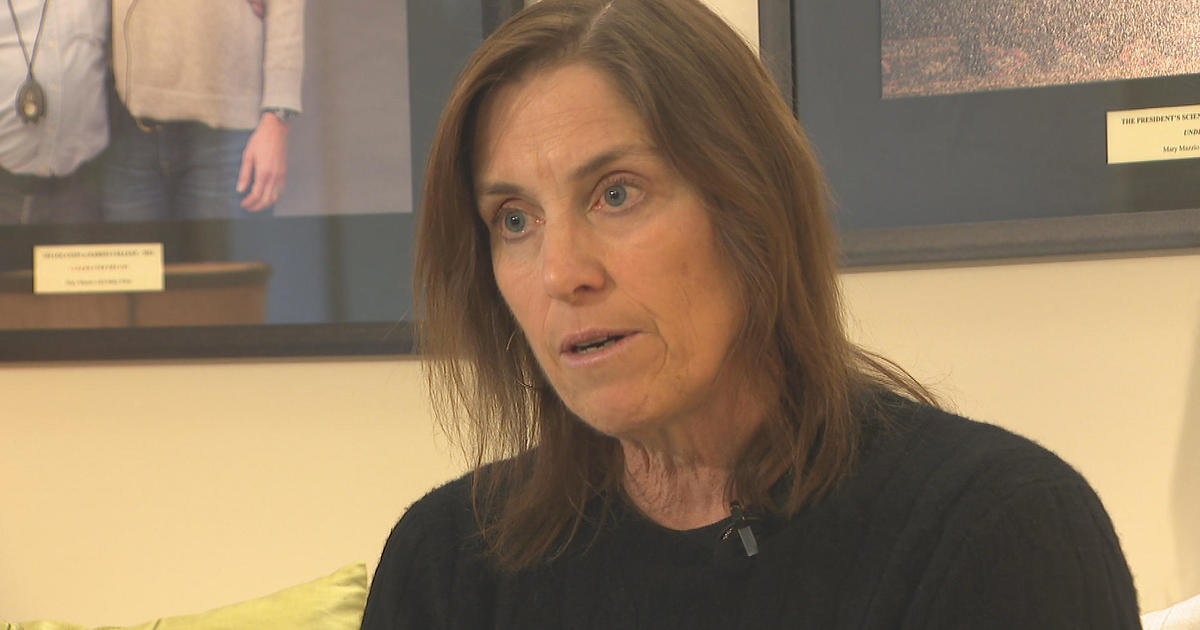Heroin: From Prescription To Addiction (Part 5)
BOSTON (CBS) - Research shows it takes, on average, three attempts for an addict to achieve sobriety, before their treatment is a success. This means treatment cycles are often repeated. WBZ's Mary Blake reports on the resulting strain on services. Here's part five of her series "Heroin: from Prescription to Addiction."
WBZ NewsRadio 1030's Mary Blake reports
Heroin: From Prescription To Addiction (Part 5)
"Supply doesn't meet demand. We have far more demand for our services than we have supply," says Vic DiGravio is President and CEO of the Mass Association for Behavioral Health Care. Its 84 members offer a wide array of community based addiction services. For many loved ones though, it's a complicated process at best. DiGravio explains, "Somebody will go to detox then they'll go to a step down detox program where their average length of stay can be anywhere from 10-20 days."
Then there's Residential Recovery Home Services, medicated assisted treatment, and/or sober houses. Sober houses, sometimes little more than rooming houses, are not accredited, which is something the legislature is currently trying to change. And as bewildering as this all sounds—try navigating it. A mom who attends regular support meetings to talk about her child's addiction can personally attest to the challenges. "You would have to go from a detox to a rehab. Yeah it's a whole process— but it's cumbersome—but so many times there isn't a bed! Right. So he would come back home so then he couldn't go to rehab!"
Read More: Heroin From Prescription To Addiction
Everyone on the front lines of this epidemic agrees the lack of treatment beds is a huge stumbling block.
"Often times the waiting list is as much as two or three months at a time for a bed in a recovery home," says DiGravio. And then there's the problem of coverage. "Many insurers won't pay for step down detox. A lot of insurers actually are reluctant to even pay for detox itself," he says.
So this leaves more and more families opting for Section 35, which is an involuntary commitment by the courts. DiGravio continues, "That's the one way people know they can get to a full array of services."
But having your loved one 'sectioned' has major drawbacks. "Many family members are embarrassed. It's done in open court. It can be very, very intimidating," explains Kerri Quintal. A North Attleboro attorney specializing in family law, Quintal also points out he or she now has a record.
MORE LOCAL NEWS FROM CBS BOSTON



